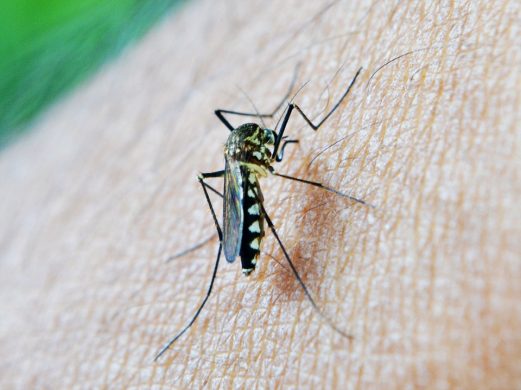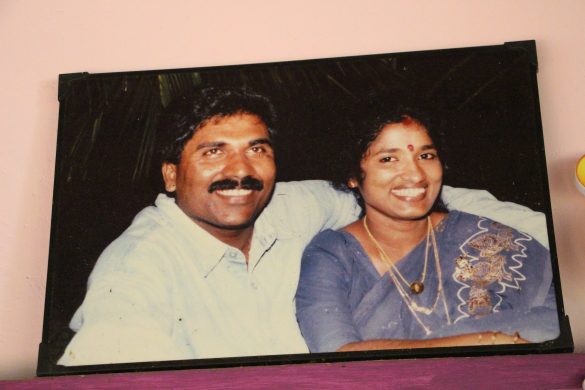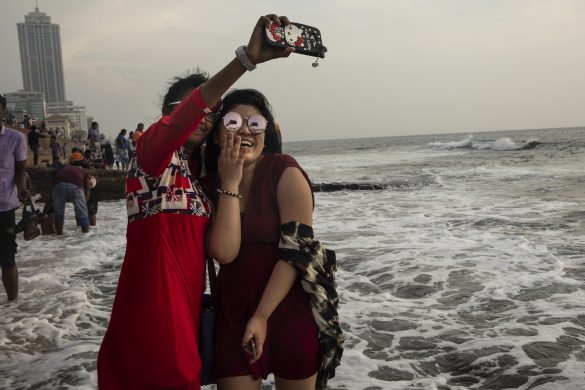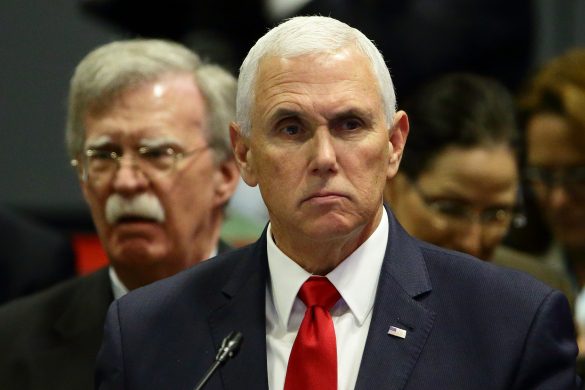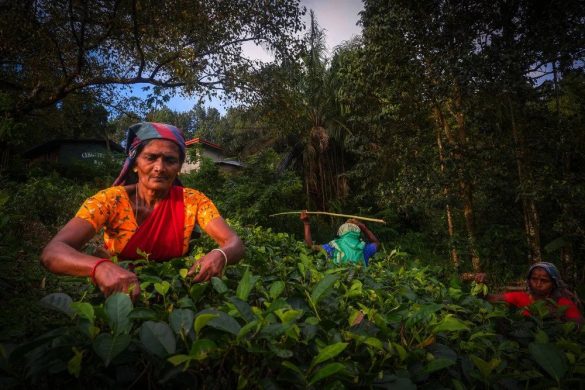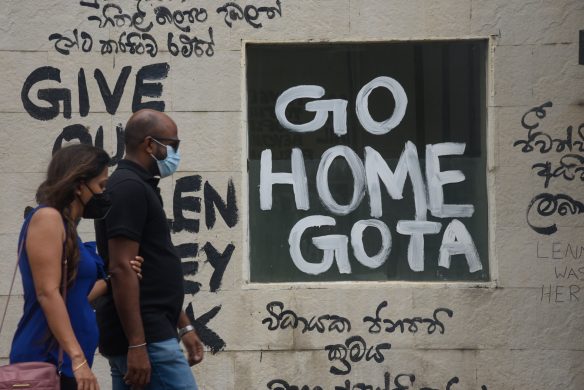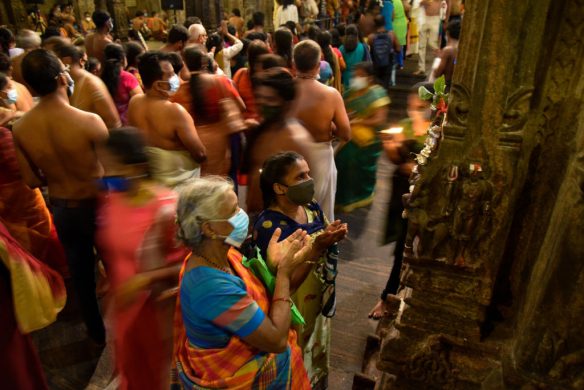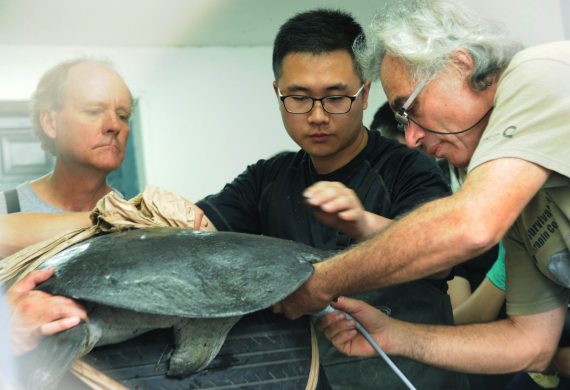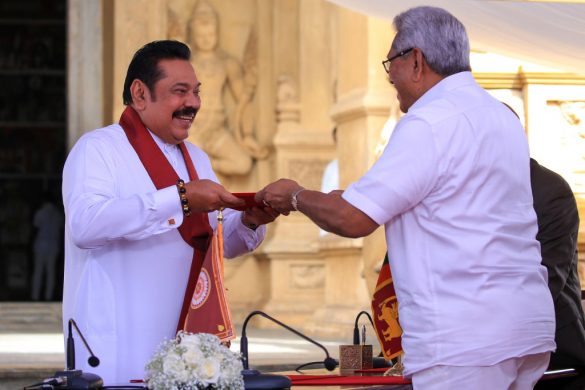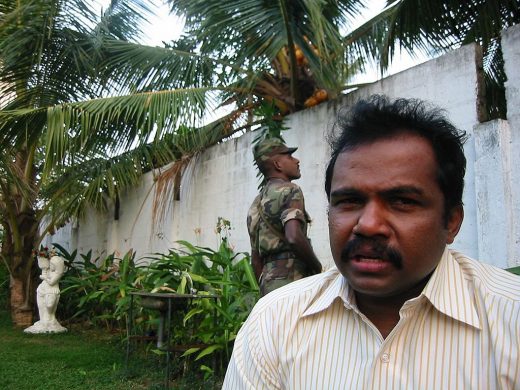Colombo (WHO): In a remarkable public health achievement, Sri Lanka was today certified by WHO on having eliminated malaria, a life-threatening disease which long affected the island country.
Change in strategy
The change in strategy was unorthodox, but highly effective. Mobile malaria clinics in high transmission areas meant that prompt and effective treatment could reduce the parasite reservoir and the possibility of further transmission. Effective surveillance, community engagement and health education, meanwhile, enhanced the ability of authorities to respond, and mobilized popular support for the campaign.
The adaptation/ flexibility of strategies and support from key partners such as WHO and the Global Fund to Fight AIDS, Tuberculosis and Malaria fast-tracked success. By 2006, the country recorded less than 1 000 cases of malaria per year, and since October 2012, the indigenous cases were down to zero. For the past three-and-a-half years, no locally transmitted cases have been recorded.
Springboard to further public health gains
To maintain elimination and ensure the parasite is not reintroduced to the country, the anti-malaria campaign is working closely with local authorities and international partners to maintain surveillance and response capacity and to screen high-risk populations entering the country.

